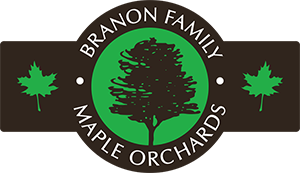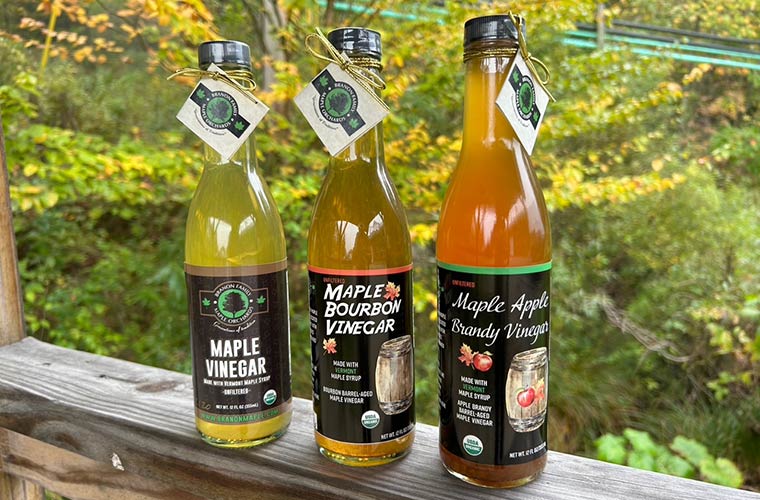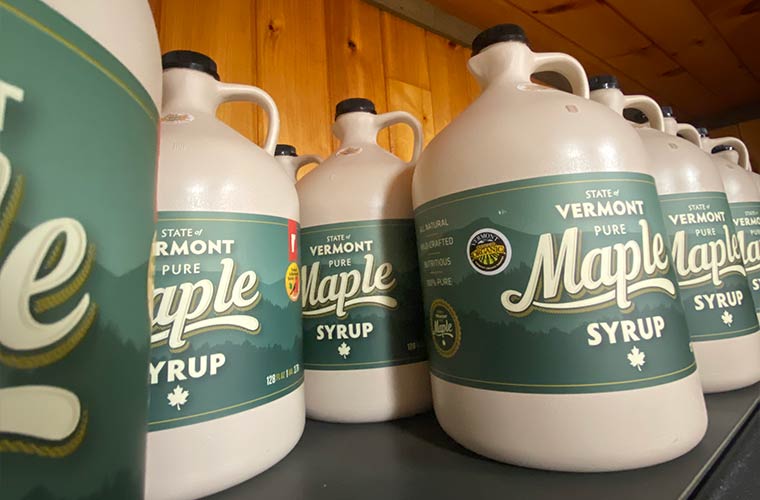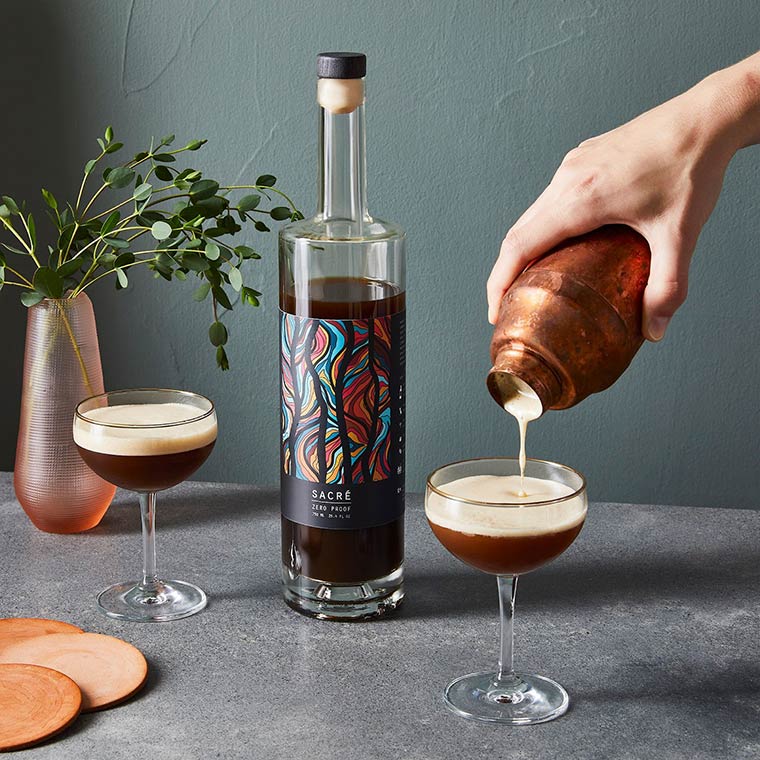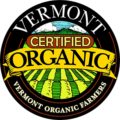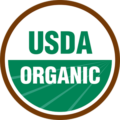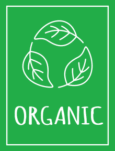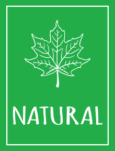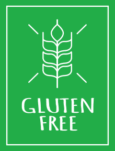How to get maple syrup shipped to you the best way possible. It's amazing when…
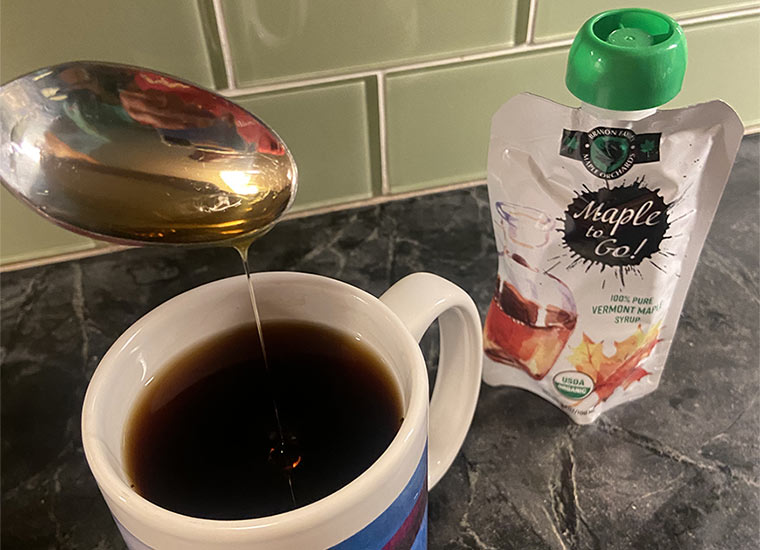
Studies Show Maple Makes For A Better Sugar
Like hundreds of millions of others, Tom Branon, patriarch of the Branon Family Maple Orchards, begins each day with a cup of coffee. What makes Tom’s coffee a little different than many is that he uses pure Vermont maple syrup to sweeten his drink. Not white sugar, Splenda, Truvia, Equal or Sweet’N Low – just organic Vermont maple syrup.
That’s easy for Tom Branon to do, right? He operates a maple sugaring facility in the heart of maple country and syrup is never in short supply.
However, a growing body of evidence suggests that more people should consider following Tom’s lead by using maple syrup to replace sugar and artificial sweeteners. And not just in their coffee, either. Maple syrup has been identified as offering several health benefits over other sugars and sweeteners.
“Maple syrup has a nutritional advantage over sugar because it does not contain any additives, and the processing allows it to retain its nutrients, including manganese, riboflavin, zinc, magnesium, calcium, and potassium,” said Dr. William Dixon, a clinical assistant professor at Stanford School of Medicine and practicing emergency medicine physician in a recent Real Simple story.
There are a host of recent studies that bolster Dixon’s claim.
A study published in the journal ‘Nutrition Research’ found that maple syrup had a lower glycemic index than white sugar. This means that maple syrup doesn’t cause sharp spikes in blood sugar levels, a benefit for diabetics or those trying to control their blood sugar levels.
Another study, published in the journal ‘Food & Function’, found maple syrup contains antioxidants that can help protect the body against damage from free radicals. Free radicals are unstable molecules that can damage cells and contribute to the development of chronic diseases such as heart disease, cancer, and Alzheimer’s disease.
A third study, published in the journal ‘Metabolism’, found that maple syrup may boost immunity. The study found that maple syrup increased the production of white blood cells, which are important for fighting off infection.
Fair warning here: Maple syrup is still sugar and the average American diet contains way too much sugar of all kinds. Where does maple syrup stand in terms of nutritional impact? According to the U.S. Department of Agriculture, one tablespoon of maple syrup contains 52 calories, 13.4 grams of carbohydrates, 0 grams of fiber, and 12.1 grams of sugar. A quarter cup of maple syrup contains 216 calories.
However other nutritional benefits of maple syrup have also been identified. For instance, maple syrup might improve heart health since it contains manganese, a mineral important for heart health. Manganese helps the body produce energy and metabolize carbohydrates. Additionally, maple syrup has been shown to help with weight loss in some studies.
Cecile Branon, who’s been cooking with maple syrup for more than 50 years, always substitutes maple sugar or maple syrup for white sugar or other sweeteners in a wide range of recipes.
“Substituting white sugar is one of the best things you can do for yourself or your family,” said Cecile. “Maple syrup or maple sugar is not as sweet as white sugar. Your other ingredients don’t get washed away with all the sweetness, so you’ll will enjoy tasting your spices, rather than have them washed away by sugar.”
Cecile also points out that maple syrup is still high in calories, so – like all sugars – it should be consumed in moderation.
“While it does have calories, the big advantage is it’s an organic sweetener,” said Cecile. “Nutritionists continue to point out the downside of artificial sweeteners and in the end, I’d rather feed my family an all-natural product that comes out of a tree than a chemically engineered fully processed one that’s the invention of a scientist in a laboratory.”
About Branon Family Maple Orchards
With headquarters in Fairfield, VT, Branon Family Maple Orchards is a multi-generational agricultural family-owned business specializing in Pure Vermont Maple Syrup and maple products. Powered by renewable solar and made in an Audubon approved bird-friendly habitat, Branon Family Maple Orchards produces single-sourced organic maple syrup. They also carry a variety of maple sauces, rubs, jellies, and other maple specialty products in a sustainable, eco-friendly manner. For more information visit branonmaple.com
